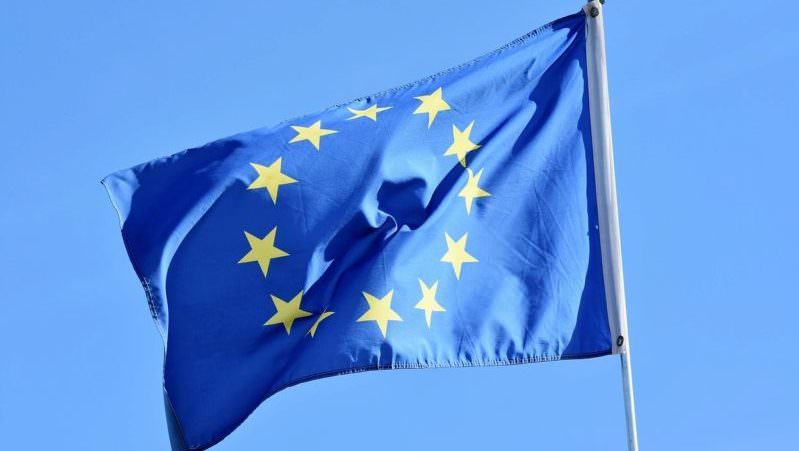The EU Commission wants to reach an agreement with the USA on a global digital tax by July 2021. The new US administration around Joe Biden, which is committed to more (international) tax justice, is paving the way.
It has been under discussion since 2013 – and now it could finally come: the global digital tax. The EU wants to agree on a joint roadmap with the US by summer 2021.
“There is a willingness to reach an agreement by July this year. We hope that will succeed,” Valdis Dombrovskis, Vice President of the EU Commission, told Handelsblatt and other European media.
We are clearing the way
U.S. Treasury Secretary Janet Yellen is also raising hopes for an agreement – she had only recently shown herself willing to talk and “expressed interest in an agreement.”
This brings “new momentum” to the negotiations, Dombrovskis explains. The German government is also convinced of success: an agreement could be reached in July 2021, the Handelsblatt hears in government circles.
The new US administration under Joe Biden makes it possible
Since 2013, the G20 countries in particular have been striving for the levy.
So far, however, this has not been crowned with success: Above all, the government under Donald Trump has been opposed to the idea. Trump, who likes to portray himself as the savior of the nation, wanted to protect tech companies from Silicon Valley from this tax.
According to Dombrovskis, the EU has a “clear preference” to obtain a global solution at the OECD level for the digital tax. However, if that effort is not successful, he said, the EU Commission will devote time to crafting a European solution.
Individual nations already levy a digital tax
Since it has not been possible to find a uniform solution under Donald Trump’s administration, individual countries have already forged ahead with national solutions.
France, for example, introduced a digital tax of three percent at the beginning of 2019. This applies to all companies with annual digital sales of at least 750 million euros – and at least 25 million of these in France.
The response from the U.S. followed promptly: In December 2019, U.S. Trade Representative Robert Lighthizer proposed punitive tariffs of up to 100 percent on French imports such as champagne, cheese or cosmetics.
Global digital tax should lead to more justice
The goal of the participating countries is to ensure that digital companies no longer pay taxes only at their headquarters. A corresponding tax should also be payable in the countries in which they earn money from users and customers.
The states concerned want to prevent large tech companies like Facebook, Google and others from continuing to pull their heads out of the tax noose. The globally active companies should also contribute to the community.










